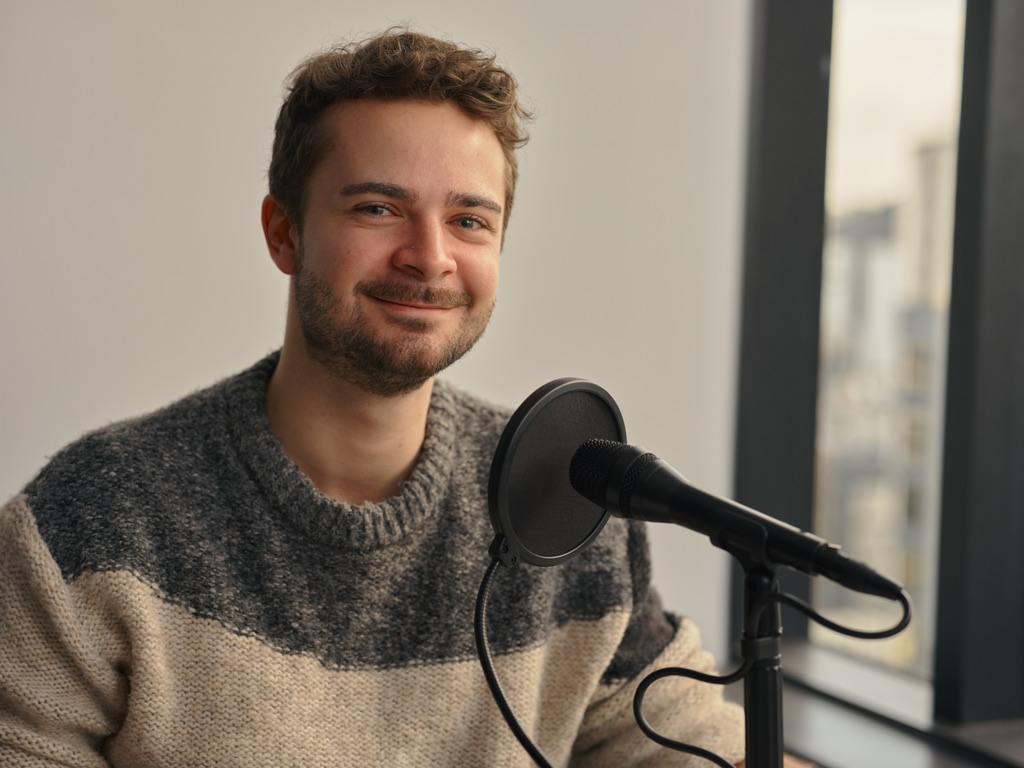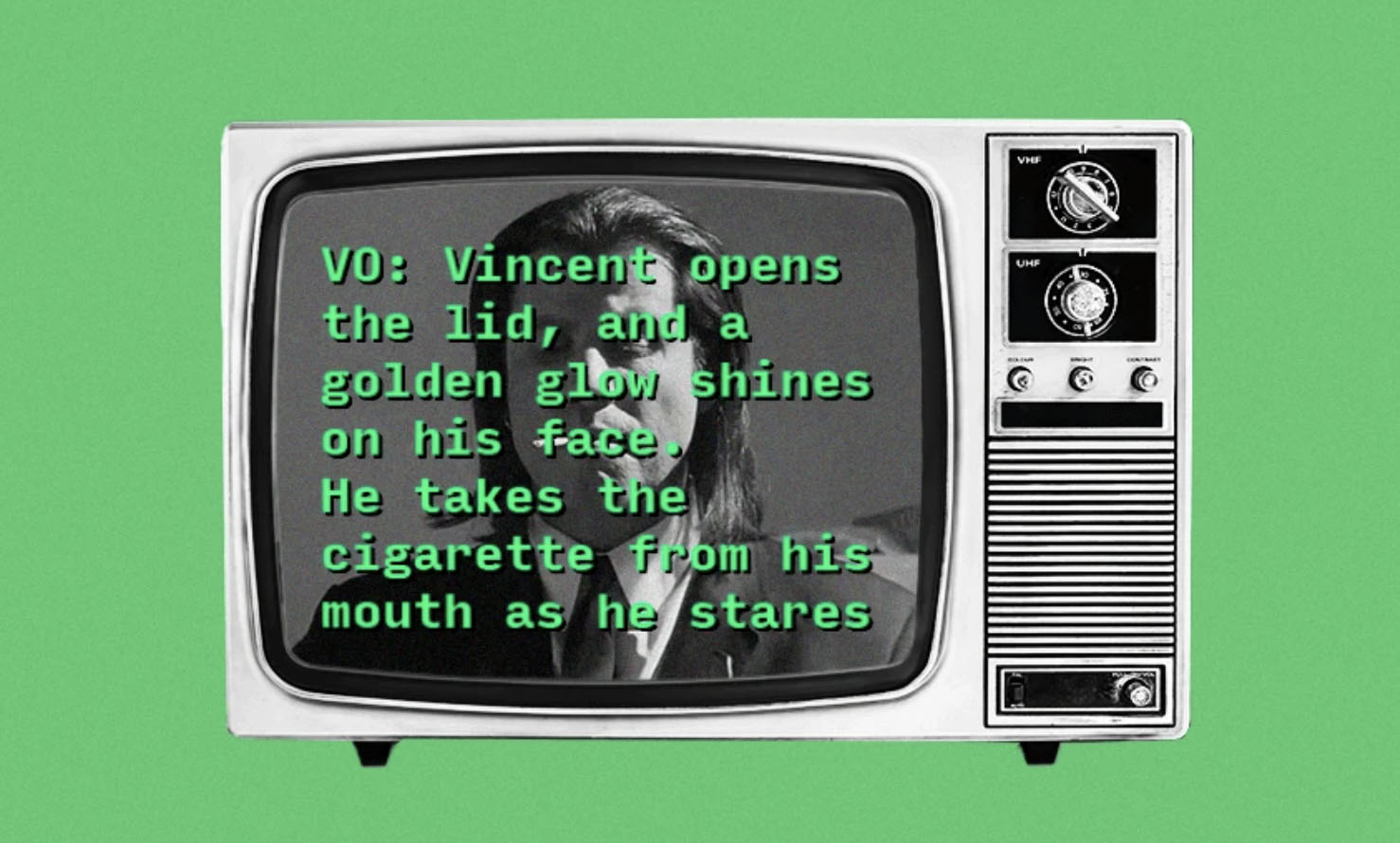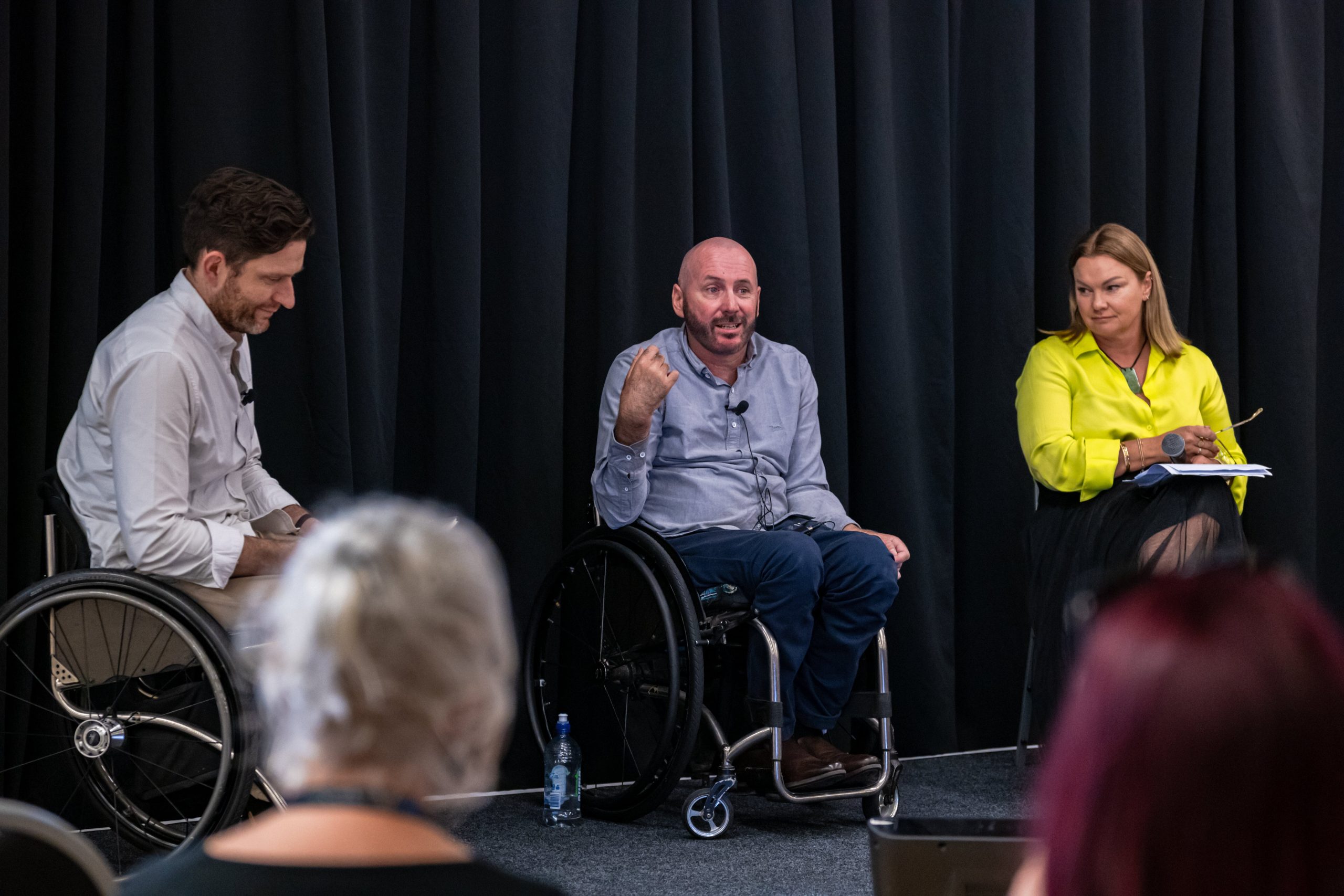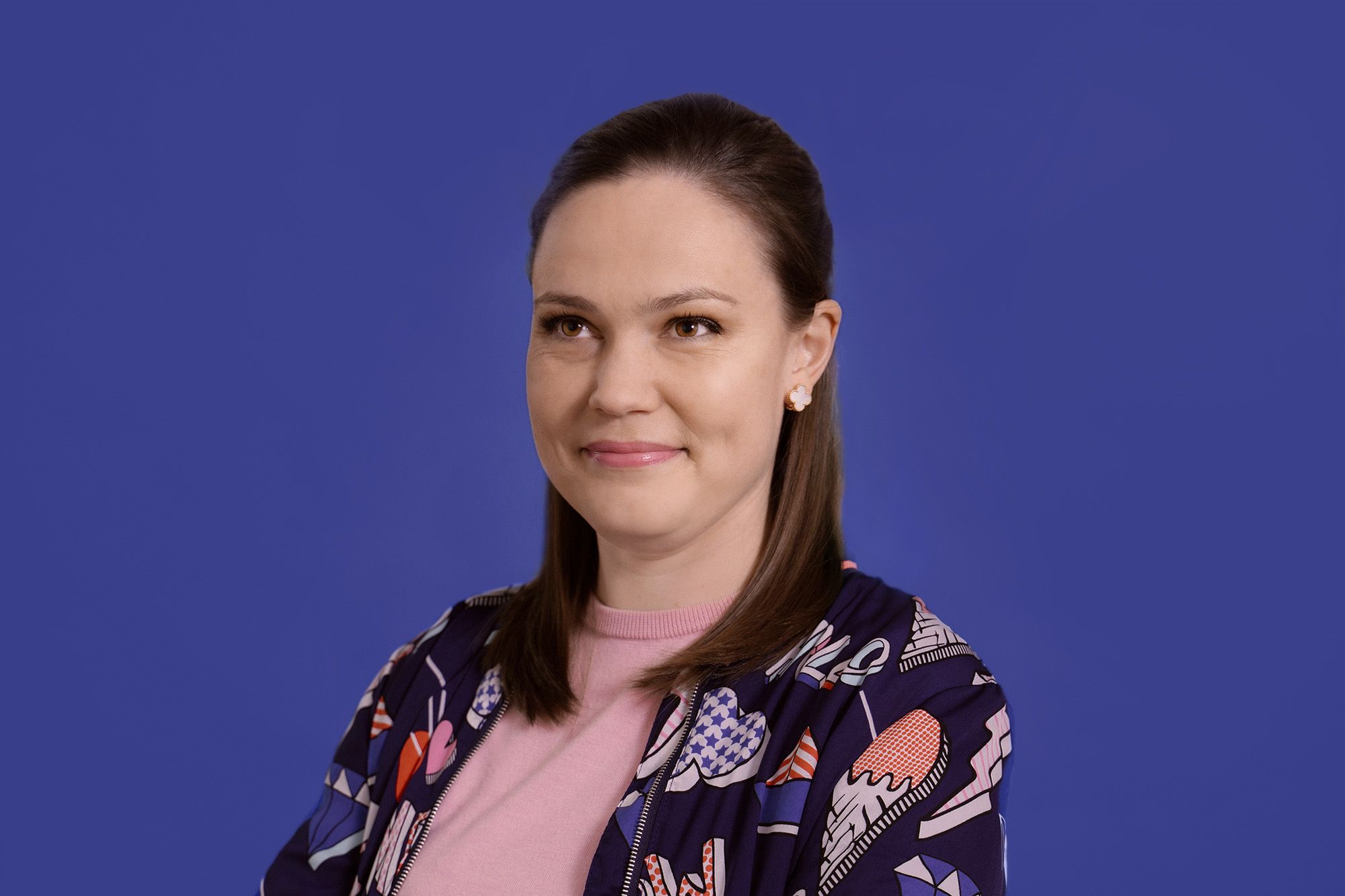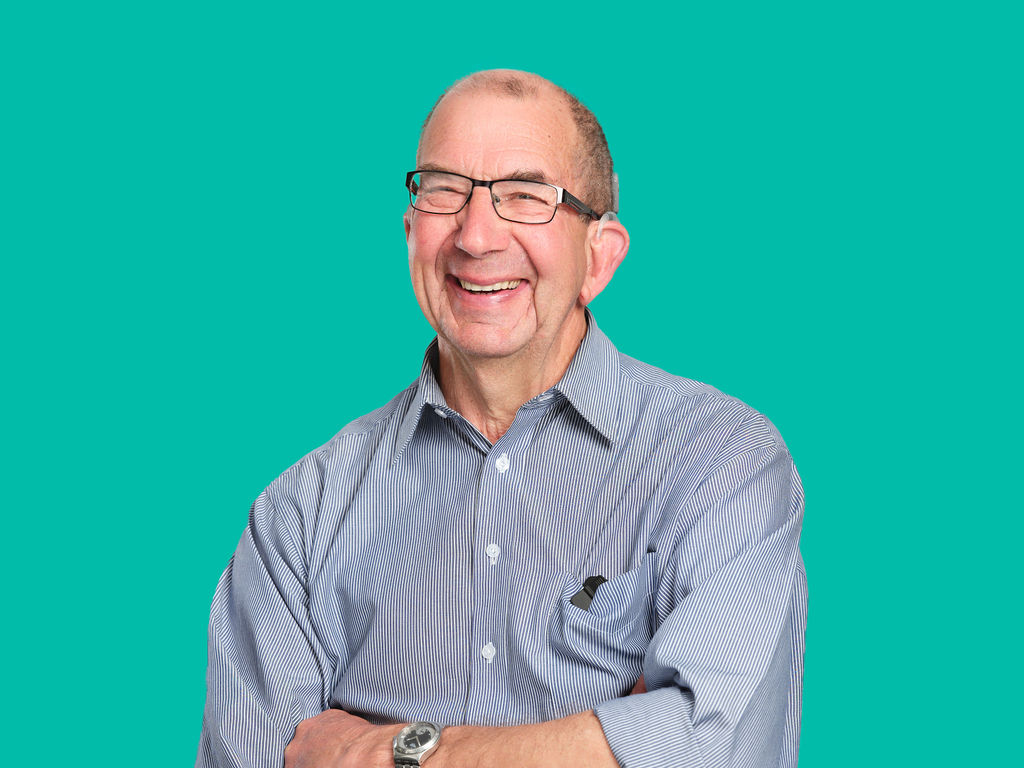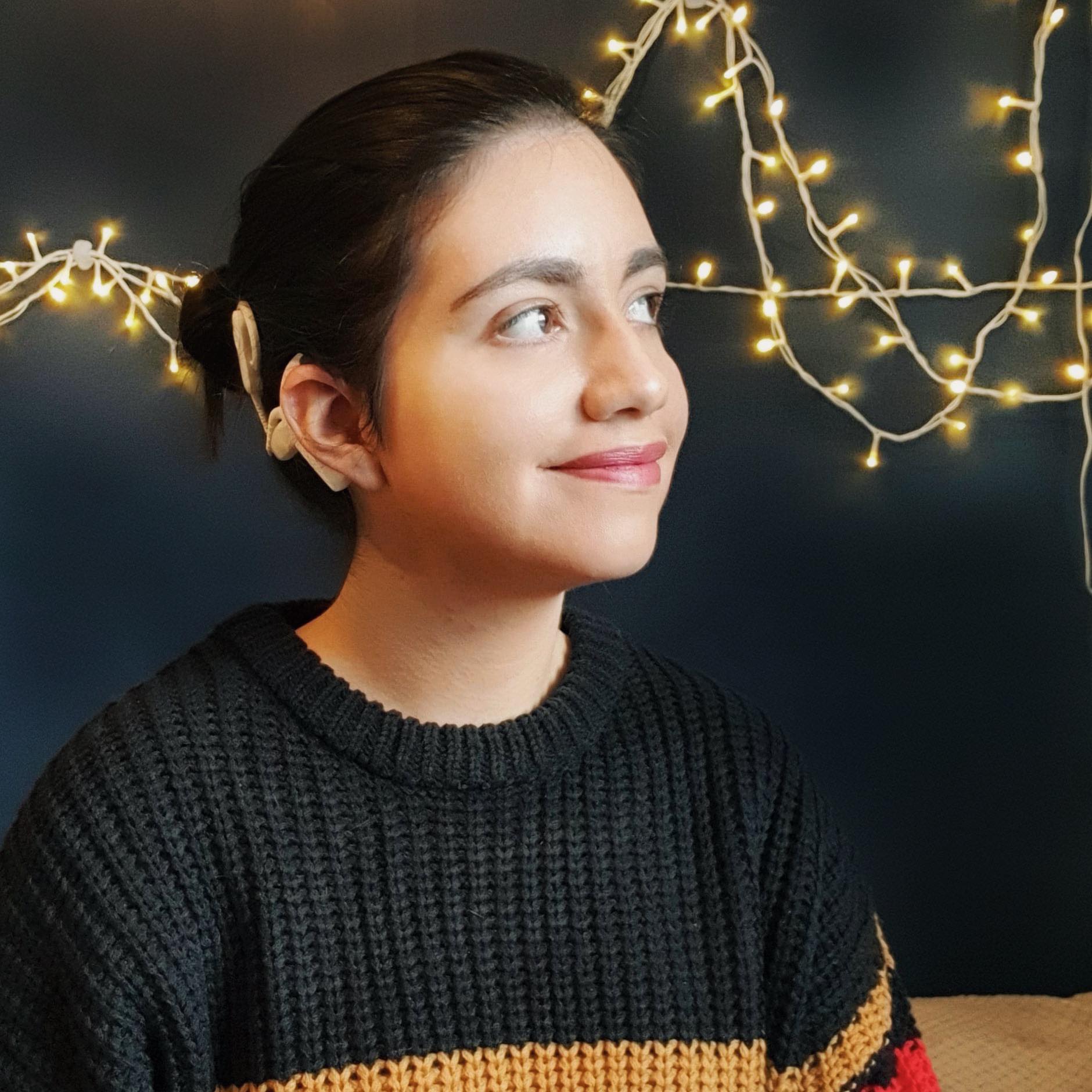
Kia ora, Gaby. Tell us a bit about yourself.
I grew up in rural New Zealand, and spent my high school and university years in Auckland. I enjoy video editing, writing, art, and filmmaking. Outside of those things, I enjoy hiking and cycling as I really like getting to explore the outdoors and a break from screens.
When did you discover captions?
I had heard about captions/subtitles for many years while growing up but as this was the time where the internet was on the cusp of being ubitiquous and many people still had dial-up internet (including my family), there wasn’t a sure way of figuring out how to turn the captions on. The TV guide certainly never explained how to turn them on even though that was one of the first places to look for advice back in those days!
It wasn’t until I attended a deaf boarding school where older deaf adults and students taught me how to turn on the captions – all that was needed was the knowledge of a couple of codes and a certain button on the TV remote (back in the day of Teletext captioning). While this may seem simple in hindsight, it was definitely a valuable piece of knowledge that was important to be passed on from older deaf adults and students to younger students. Things certainly became much easier and more automated with the widespread usage of digitally broadcast TV a few years ago and Sky introducing captioning to many of their channels.
Why do you use captions? What benefit do they provide for you?
Having access to captions right from the very first episode makes me feel like I’m on the same page as everyone else – no more making up names for characters based on what I can piece together and trying to piece the story together based on what I can visually see alone. I’m not left in the dark after everyone else discovers what is happening in the story from listening to the dialogue.
Recently, I watched What If…? and Wandavision, and I found that having access to captions from the very first episodes meant that right away, I could understand the premise of the show, who the characters are, what motivates them, and what the story might turn out to be.
Why do you believe media accessibility is important?
At the moment, I’m really enjoying watching Dr Who on TVNZ OnDemand – express from the UK and captioned! This is a first for me because I can watch Dr Who via streaming like everyone else but in the past, I’ve always had to find other ways to watch the captioned version.
With captioning of my favourite shows on streaming services closer to home like TVNZ OnDemand, I don’t have to try to find workarounds (such as multiple 2 minute long captioned videos of episodes on YouTube!) just to have access to captions so I can fully understand what is happening on screen.
What are your hopes and dreams for the future of accessible TV?
I hope that in New Zealand, the increasing rates of captioning across many shows and services such as TVNZ+ continues to rise.
I also hope that within New Zealand, there is legislation or policies created in the future to mandate captioning in New Zealand as it would allow access for all New Zealanders to watch their favourite shows. With the rise of open captioning being used for short videos on the internet to benefit those who may be watching videos in a crowded environment with the sound off, captioning across all services includes everyone in many different situations where captioning may be more useful/beneficial than using sound such as a crowded train, not just those who are deaf or hard-of-hearing.
